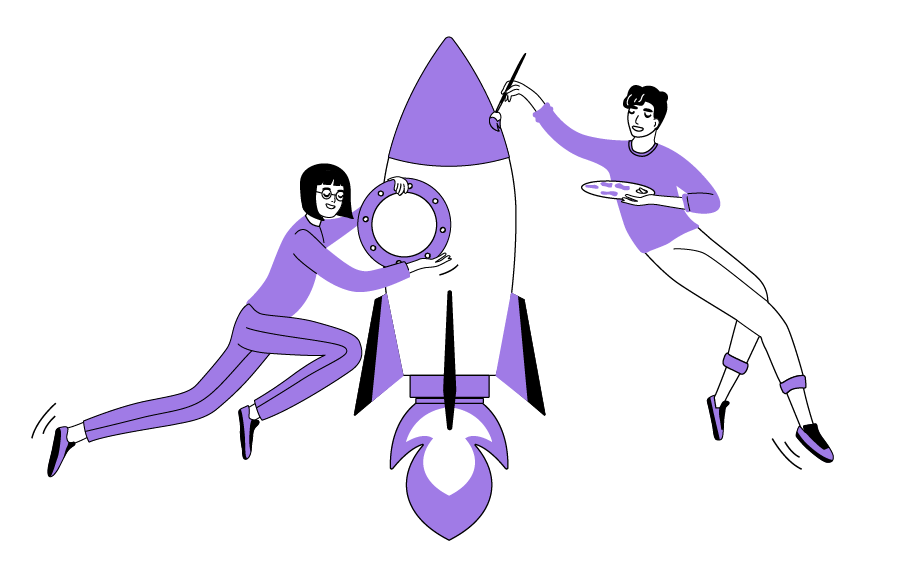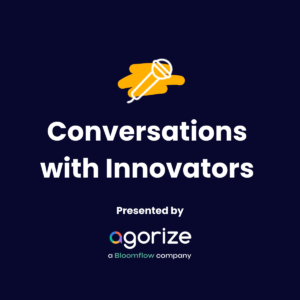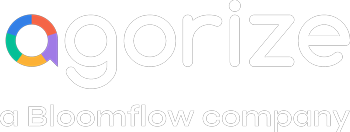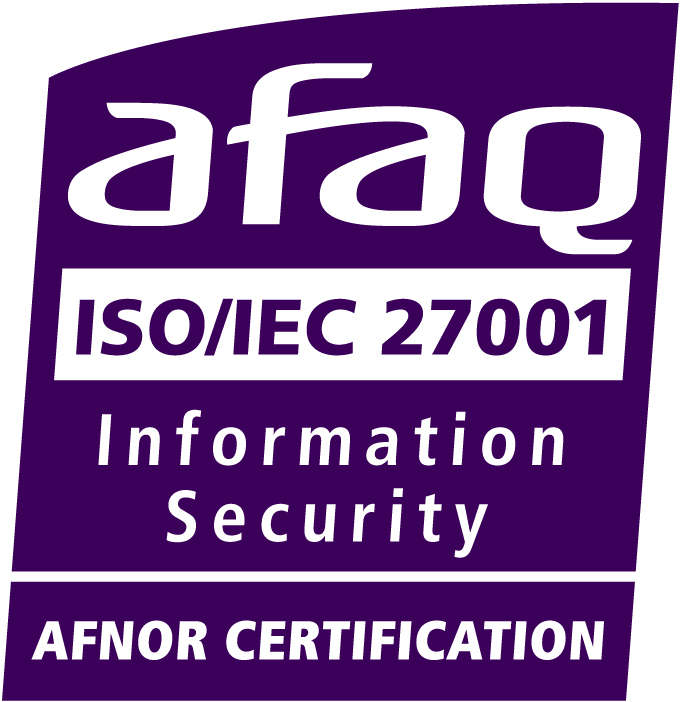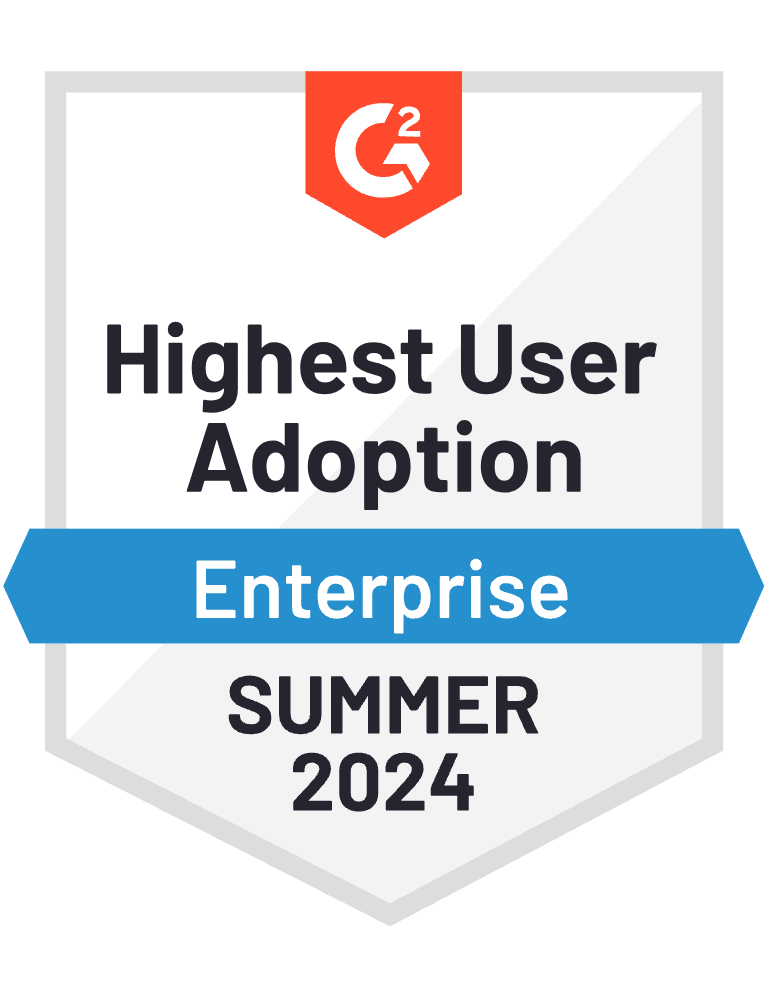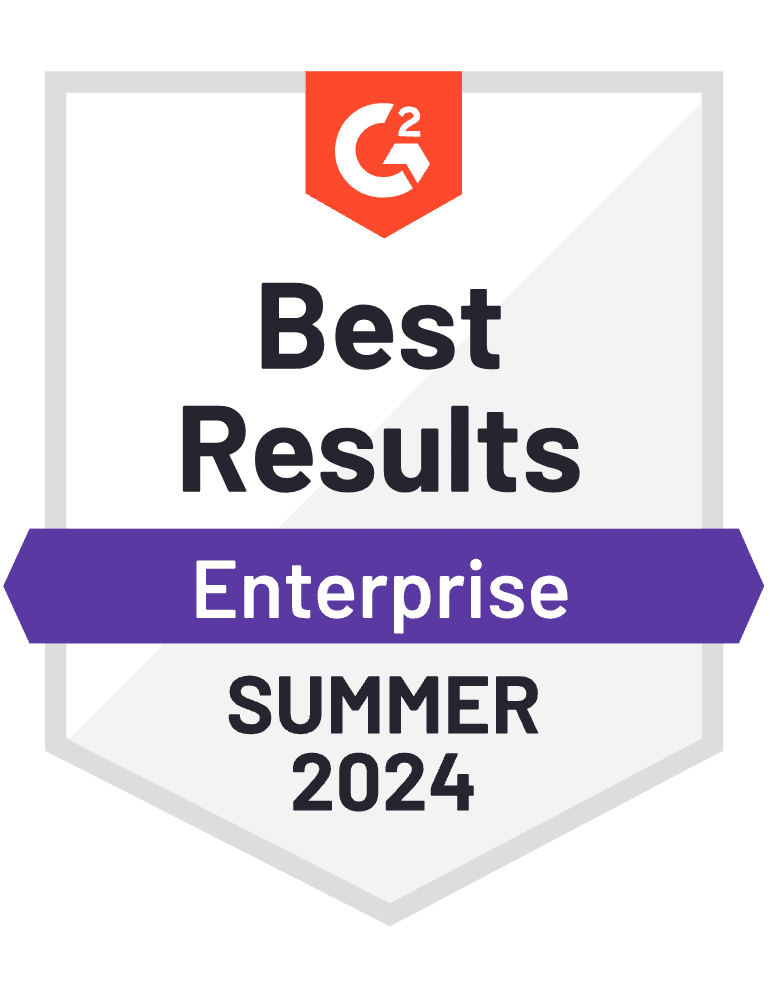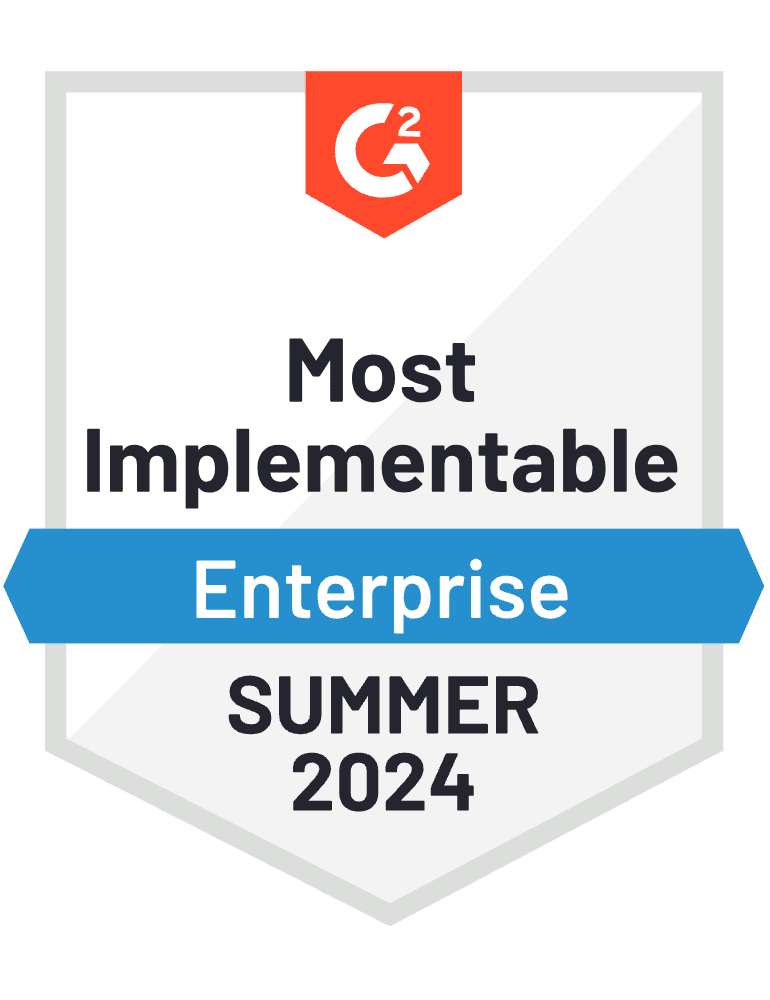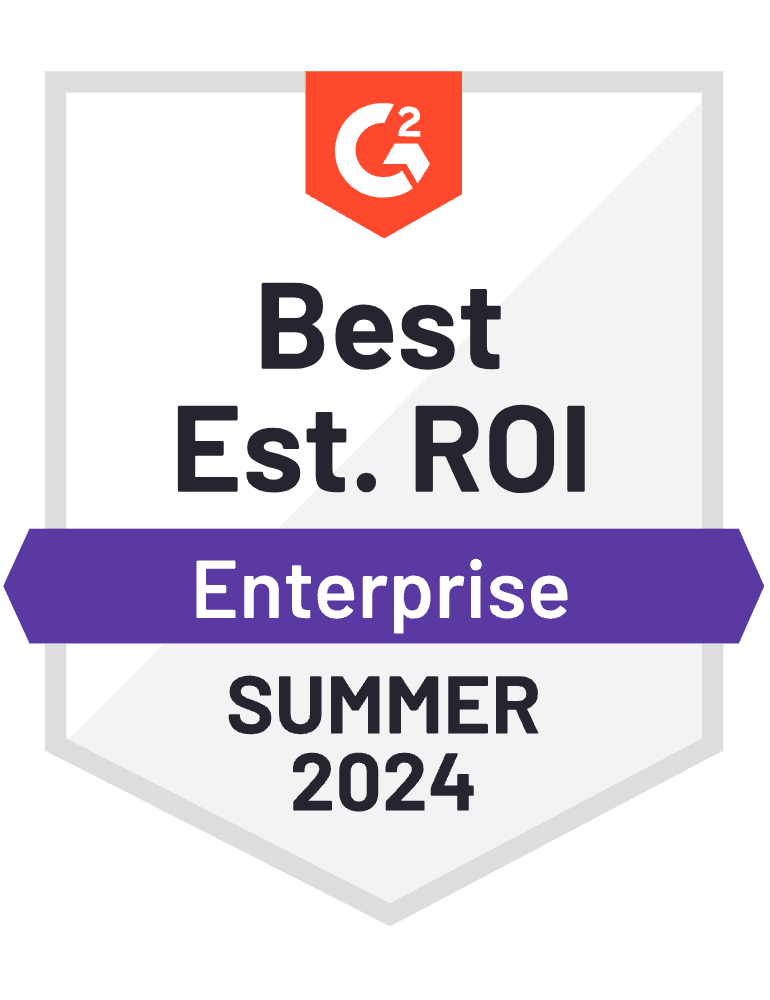A successful recipe….
This article was written by Jean-Vincent Delli Zotti.
Microsoft has positioned itself as a learning company.
Its culture is shifting from “we know everything there is to know about our business” to “we don’t know everything but we are willing to learn”.
This change of posture has given birth to multiple initiatives aimed at fostering innovation and good ideas from everywhere in the world. These initiatives take many forms: hackathons, boot camps, incubators, partnerships with universities, and more.
Microsoft has successfully attracted brilliant students, developers, and start-ups to help find the right talents, create new use cases around emerging technologies, disrupt existing models, and understand its market needs and demand.
In a rapidly changing technological landscape, it’s becoming crucial for companies to open their innovation process to the outside world to survive and thrive.
We have all witnessed the fall of industry leaders who failed to innovate and adapt to disruptive trends: Blackberry, Kodak, Blockbuster, and Nokia are only some of the victims of such behavior.
While we can all agree that Microsoft is doing the right thing to try and not fall into the list of companies missing the innovation boat, there are several limitations to this model.
…with its limitations.
Whatever the name you give it: hackathon, challenge, competition, or boot camp; these open innovation challenges carry great energy. Rallying 50 students in a room to work on innovative ideas and solutions creates a lot of emulation and excitement.
That, of course, is great, but it lacks inclusiveness and scale.
- The physical limitations of the space where the challenge is happening restrict the potential number of participants.
- Most of those challenges are only held in big cities, which makes it costly for anyone living in a foreign country or in a remote area to join.
- These challenges are often limited to specific universities and schools. Students who don’t study in these universities have fewer opportunities to share their ideas, as good as they might be.
A more inclusive format
At Agorize, we believe that the best ideas and talents can come from anywhere. That’s why we chose to bring these competitions online. Anyone with a computer, an internet connection, and a good idea can take part in our challenges.
Last month, Microsoft held the finals of the Discover AI challenge. A student competition aimed a reaching 4 of the sustainable development goals stated by the UN by using AI and Microsoft technology.
- Climate Action
- Quality Education
- Good Health and Well-Being
- Sustainable Cities and Communities
By going online, Microsoft was able to dramatically widen its reach towards the student community. In just 3 months, Microsoft attracted close to 500 students coming from more than 100 universities across Canada.
Microsoft attracted close to 500 students coming from more than 100 universities.On the online platform, students found teammates, worked on their ideas, talked with mentors, and discussed with other teams as if they were in the same room.
After two online voting periods, the 6 best projects were selected.
On June 26th, the teams behind these projects were invited to Microsoft headquarters in Toronto to pitch their solution in front of Microsoft executives.
By shifting from in-person challenges and competitions to a hybrid model combining online and offline, Microsoft succeeded at making its boot camps more inclusive, more successful and more diverse.


